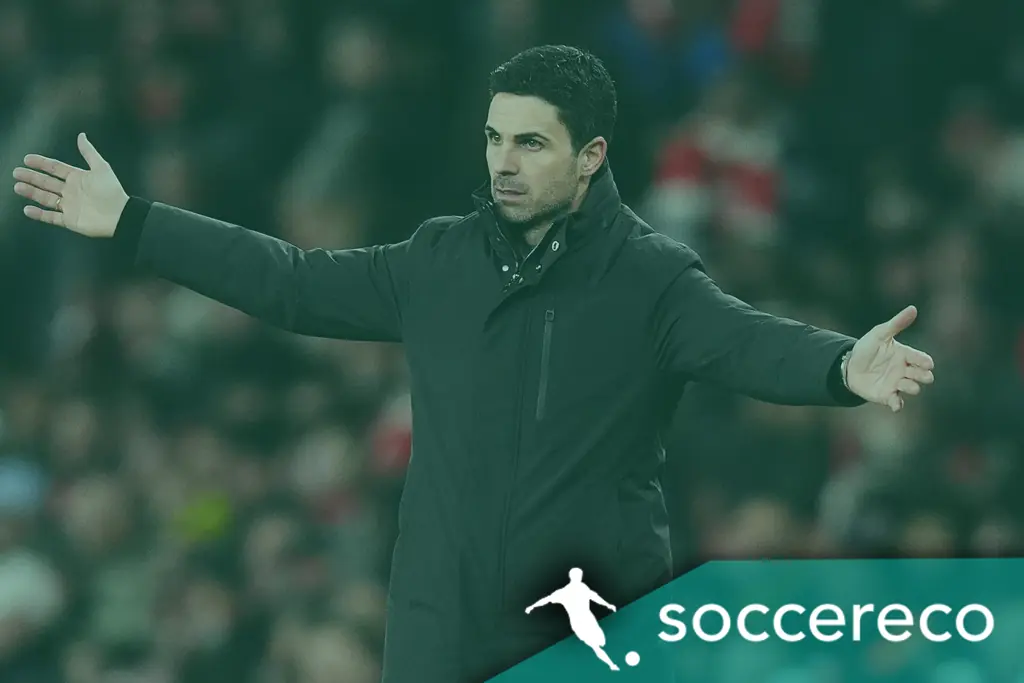Thanks to psychological help, things are much better for Richarlison. The Brazilian striker revealed in September that he was struggling with psychological issues.

The journey of Richarlison, the Brazilian striker, through a period of psychological turmoil and his subsequent resurgence, both on and off the football field, serves as a poignant narrative on the significance of mental health support in sports.
After a challenging World Cup qualifying match between Peru and Brazil, which ended 0-1, Richarlison made a heartfelt decision to seek psychological help, a step that he openly attributes to having saved his life. His emotional departure from the field, in tears, marked a turning point not only in his career but in his personal development as well.
Richarlison's admission sheds light on the often-overlooked aspect of professional sports the immense mental and emotional pressure athletes endure. The Brazilian forward's experience underscores a period where the external perceptions and expectations placed on him were overwhelmingly financial, neglecting the human element of his profession. However, Richarlison's narrative does not end with his struggle. Instead, it highlights a transformative journey towards healing and performance recovery, demonstrating the profound impact that psychological support can have.
Speaking to the BBC, Richarlison took the opportunity to encourage others, especially those with a platform and influence, to seek help when needed. He acknowledges the stigma that often surrounds mental health discussions, especially among athletes, and his own evolution to overcome such prejudices. His advocacy for mental health awareness is not just about sharing his story but is a call to action for others to acknowledge their vulnerabilities and seek assistance.
Richarlison's resurgence on the pitch is a testament to his inner strength and the effectiveness of the support he received. Scoring nine goals in his last thirteen matches for Tottenham Hotspur, he has not only regained his form but has also reestablished himself as a crucial player for both his club and the Brazilian national team. His recall to the national squad after a period of absence during which he vowed to make a return and worked diligently towards his goal illustrates his commitment and resilience.
This narrative extends beyond the personal triumph of Richarlison. It highlights the critical need for mental health resources and support systems within the sporting industry. Athletes, subjected to intense scrutiny and pressure, often navigate a landscape where mental health can become secondary to physical performance. Richarlison's story, therefore, is a beacon for change, emphasizing the importance of mental well-being in achieving and sustaining peak athletic performance. His journey from vulnerability to victory not only enhances his legacy as a footballer but also as an advocate for mental health awareness in sports.









